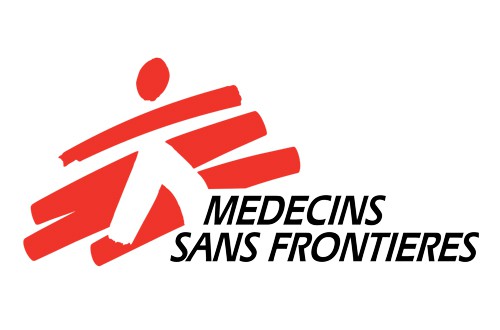
A free trade agreement between the US and 11 Pacific Rim countries will have an ‘enormous’ impact on public health in developing nations, according to a medical charity.
The Trans-Pacific Partnership (TPP) was agreed yesterday after years of negotiation and five days’ of final talks in Atlanta and aims to remove barriers to trade between the 12 countries, which together account for 40% of the world’s economy.
Along with the US in the TPP are Japan, Canada, Australia, New Zealand, Malaysia, Vietnam, Singapore, Brunei, Mexico, Chile and Peru. The agreement is designed to create a single market with common standards and without tariffs, operating in a manner similar tot the EU.
Proponents of the deal say it will boost economic development among many of the countries involved, although Medecins sans Frontieres (MSF) claims it will “raise the price of medicines for millions by unnecessarily extending monopolies and further delaying price-lowering generic competition.”
The charity says the TPP will force developing countries to change their laws to incorporate “abusive intellectual property protections for pharmaceutical companies”, including the introduction of patent protection for biologic drugs that it claims will make it harder to bring biosimilars to market.
“These countries will pay a heavy price in the decades to come that will be measured in the impact it has on patients,” said MSF, which also fears that the TPP could become a ‘dangerous blueprint’ for future agreements.
The final negotiations managed to achieve a compromise on biologic exclusivity – an earlier stumbling block – although few seem to be happy with the final outcome.
Under the TPP biologics will gain eight years’ exclusivity, although some countries – including the US and Japan – as well as pharma and biotech trade groups had lobbied for the duration to be 12 years.
In a statement, the Pharmaceutical Research and Manufacturers of America (PhRMA) said the shorter duration would stifle R&D and the partner companies had “missed the opportunity to encourage innovation that will lead to more important, life-saving medicines that would improve patients’ lives.”
The TPP has grown out of a trade agreement that linked Brunei, Chile, New Zealand and Singapore a decade ago. The final wording of the treaty has yet to be disclosed and it still has to be ratified by the governments in each of the individual countries involved.




